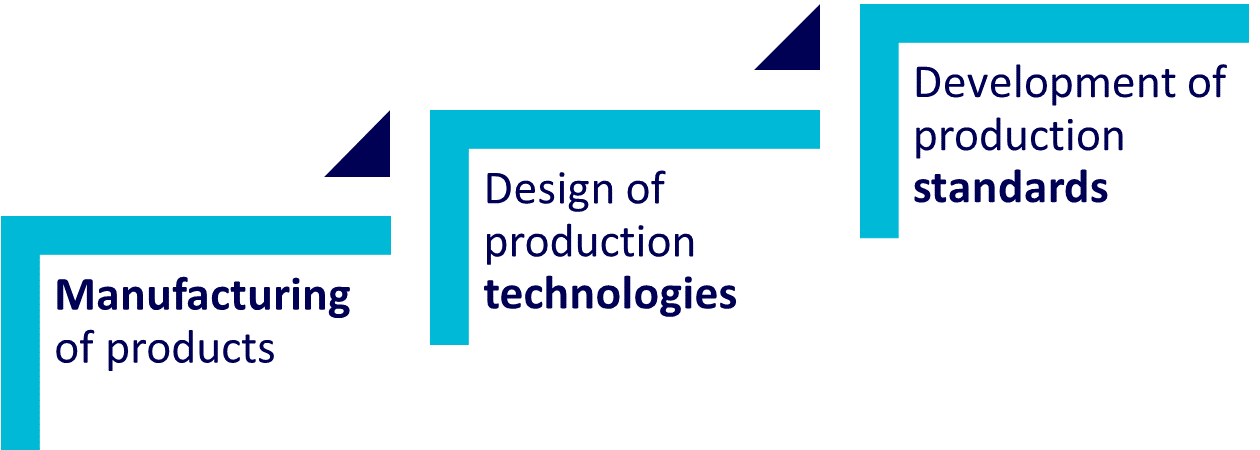Over the next few years, China's industrial policy will undergo a change of course, as it last did about 10 years ago. Economists in China divide industrial production into three classes: products are manufactured in the third class, production technologies are designed in the second class and production standards are developed in the first class.
ECLASS now also on WeCHAT: how ECLASS fits into the current Chinese industrial strategy
A new political orientation gives Chinese companies additional incentives to invest more time and money in maintaining their product data.

"Made in China 2025"
The "Made in China 2025" project, which has been driven forward over the past decade and was based heavily on Germany's Industrie 4.0, has helped countless companies to develop from the third to the second level across all sectors. This policy is now being continued with a focus on helping small and medium-sized enterprises to reach this level. To this end, the Ministry of Industry and Information Technology MIIT has set up the "Little Giants Enterprises" program, which uses the German "Hidden Champions" as a blueprint.
Now, in 2024, this has also created the conditions for developing strategies to take the next step towards the next level: the corresponding strategy paper is called "China Standards 2035" and is primarily intended to help define standards for innovative industries of the future.
And this is exactly where ECLASS comes into play: ECLASS, as an established cross-industry and cross-language standard for the description and management of product data, can fill a gap in China: even if Chinese politicians are always willing to "reinvent the wheel", ECLASS, as an existing tool that has proven itself in practice, can help especially small and medium-sized Chinese companies in a timely and relatively uncomplicated manner to overcome the challenges they are now facing in the necessary collection of product data. For example, the existing ECLASS structures for the Digital Twin and the Asset Administration Shell are in line with the industrial policy requirements, and the integration of sustainability criteria in product data standards (Product Carbon Footprint) also meets the current Chinese requirements for green products.
The new political orientation gives Chinese companies additional incentives to invest more time and money in maintaining their product data. ECLASS can therefore also complement the individual development strategies of customers and suppliers of European companies in China.
ECLASS on WeChat

In the past year, ECLASS has set up a WeChat account in China, through which news and information can be exchanged. WeChat has now become the most important means of communication in China - and not only in the private sphere: a large proportion of business correspondence is now also conducted via WeChat. Chinese companies also like to keep in touch with their international partners via WeChat.
The ECLASS WeChat account enables foreign ECLASS users to introduce ECLASS to their cooperation partners in China without much effort and to convince them of the joint use of ECLASS.
More news

Call for experts: IDTA and ECLASS form working groups for "Computing Platform Resources" and "Fiberoptic cables and microducts"
The results of the InterOpera projects „Computing Platform Resources“ and „Fiberoptic cables and microducts“ are being continued in two newly founded Joint Working Groups. The aim is to standardize the AAS submodels in combination with the standardization of the semantic structural elements in ECLASS. With the support of experts from industry, direct synergies will be created in order to establish standards for industrial practice.

ECLASS Release 14.0 now available for download!
The new release offers numerous new content in the segments of "Home Economics, Home Technology", "Construction Technology", "Electric Engineering, Automation, Process Control Engineering", four new submodels for the Asset Administration Shell (AAS), new content for the Digital Product Passport (DPP) and full translations in 15 languages.